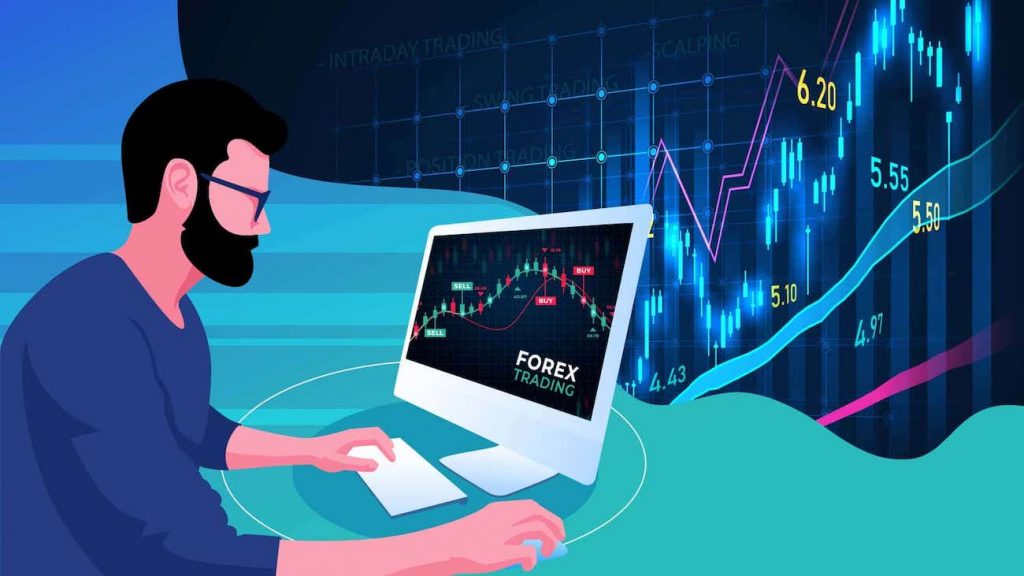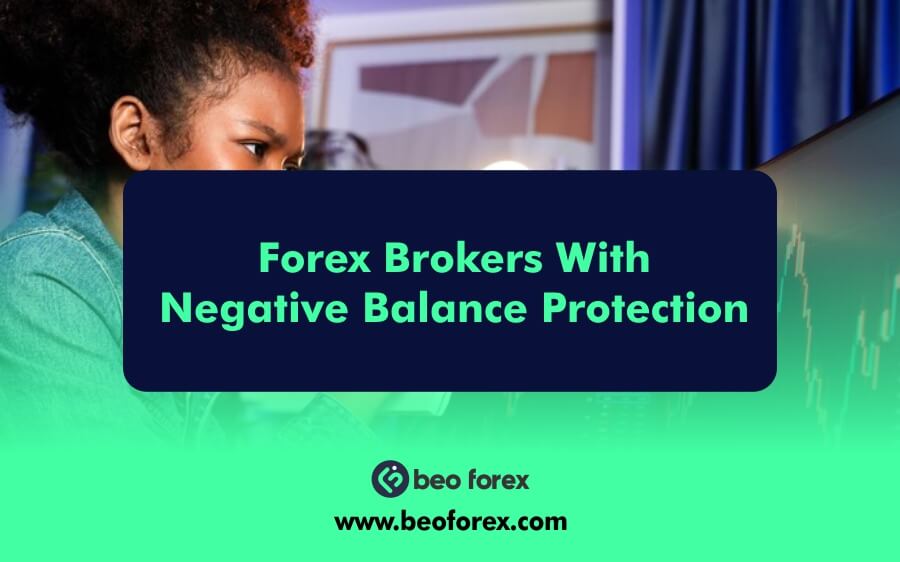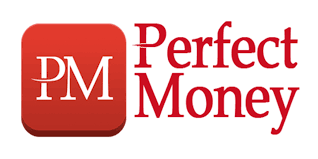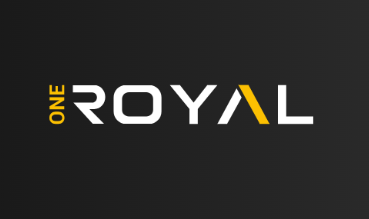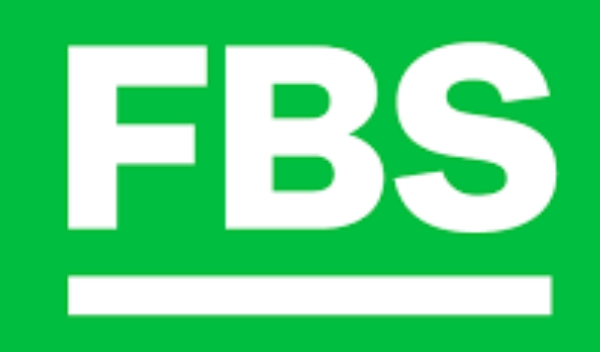Who Is a Forex Broker? A forex broker is a corporation that offers traders with a platform for buying and selling foreign currencies. Foreign exchange is abbreviated as forex. In the forex market, transactions are always made between two different currencies. A forex broker is sometimes known as a currency trading broker or a retail forex broker.
Understanding Who a Forex Broker is
The foreign exchange market is a global, 24-hour market by necessity. Retail currency traders who utilize these platforms to speculate on currency direction are among a forex broker’s clients. Large financial services firms that trade on behalf of investment banks and other customers are among their clientele. Each forex broker firm will only deal with a small part of the total volume of the foreign exchange market.
The Role of a Forex Broker
The majority of foreign exchange transactions are between pairings of currencies from the G10 countries. The United States dollar (USD), the Euro (EUR), the pound sterling (GBP), the Japanese yen (JPY), the Australian dollar (AUD), the New Zealand dollar (NZD), the Canadian dollar (CAD), and the Swiss franc are among the countries and currencies represented (CHF).
Customers can trade in a variety of currencies, including those from emerging markets, with most brokers.
A trader makes a trade by buying a currency pair and closes the trade by selling the same pair using a forex broker. A trader who wishes to exchange euros for dollars, for example, buys the EUR/USD pair. This equates to purchasing euros using US dollars.
The dealer closes the trade by selling the pair, which is the same as buying US dollars with euros.
The trader makes a profit if the exchange rate is higher after the trade is closed. If this is not the case, the trader will lose money.
Opening a Forex Trading Account with a Broker
These days, opening a forex trading account is straightforward and may be done entirely online. The forex broker will demand a customer to deposit funds into the new account as collateral before trading.
Customers can also use leverage provided by brokers to trade more amounts than they have on deposit. Leverage can range from 30 to 400 times the amount available in the trading account, depending on the jurisdiction from which the trader is operating.
High leverage makes forex trading extremely dangerous, and most traders who try it lose money.
How Do Forex Brokers Make Their Money
There are two ways that forex brokers are compensated. The first is through a currency pair’s bid-ask spread.
When the Euro-US Dollar pair is priced at 1.20010 bid and 1.20022 ask, the spread is.00012, or 1.2 pips. The forex broker will get the spread amount when a retail client initiates a position at the ask price and then closes it at the bid price.
Second, certain brokers demand extra commissions. Some demand a transaction fee or a monthly cost for access to a certain software interface, as well as fees for access to unique trading instruments such exotic options.
Forex brokers are currently facing fierce competition, and most are finding that they must cut as many costs as possible in order to attract retail consumers. Beyond the spread, many now offer no or very low trading fees.
Some forex brokers also profit from their own trading activities. If their trade causes a conflict of interest with their consumers, this can be an issue. This practice has been curtailed by regulation.

